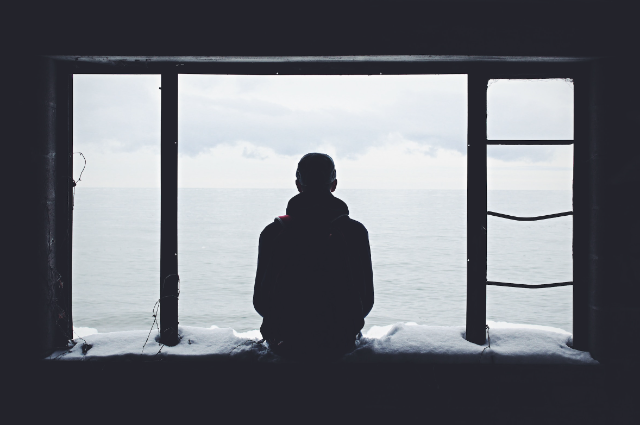
Photo by Noah Silliman on Unsplash
Social isolation has been a constant issue amongst many generations of people. Studies state that loneliness is not just unpleasant to deal with but also negatively affects our overall well-being. Although problems concerning mental health such as depression, social anxiety, brain fog, lack of mental clarity and insomnia are well known amongst the common folk, it's impact on physical wellness is often overlooked.
People who have frequently experienced social rejection, feelings of being left out or long-term isolation are more susceptible to diseases like Cancer, cardiac arrest, and several other heart diseases. The emotional toll of it is remarkable too. Suicidal ideation was seen to be higher amid people who felt lonely. The lack of a sense of belonging leads to low self-esteem that is often a result of self-blame and overthinking.
Oftentimes than not, loneliness can be fixed with some effort but it is never easy to start. The social stigma revolving around loneliness makes solving it quite an ordeal. Many of us experience symptoms and feelings of isolation every now and then, but a few individuals might not recover and develop chronic loneliness. It is important to be aware of loneliness, it's causes and it's consequences. Affected individuals must be able to seek help without being mocked.
The drastic growth of social media over the past decade has it's fair share in causing loneliness. With the development of social media, it is believed that people can connect better and keep loneliness at bay. Well, that's not entirely true.
Experts like to call this the 'paradox effort' where the effects of a situation, are completely opposite of what was usually expected. It can be seen in this case, where the wide usage of social platforms has adverse effects on our social and physical health. One might argue, that just like every other thing we know about, social media should be used to our advantage and not be used extensively as a coping mechanism or should not serve as an alternative to building social relationships. It should be used with it's own limits and should benefit the user. Usage of social media to avoid loneliness only accelerates it as it comes with its own set of health problems ( obesity due to lack of exercise, intellectual degradation, cognitive impairment, etc) Hence, resorting to this would not be a reliable option.
To conclude, loneliness is a severe condition that must not be taken so lightly due to it's popularity. Several individuals, regardless of their age and gender are victims to this soul-killing state and I hope we bring forth more helpful options to stop loneliness from devouring us.
